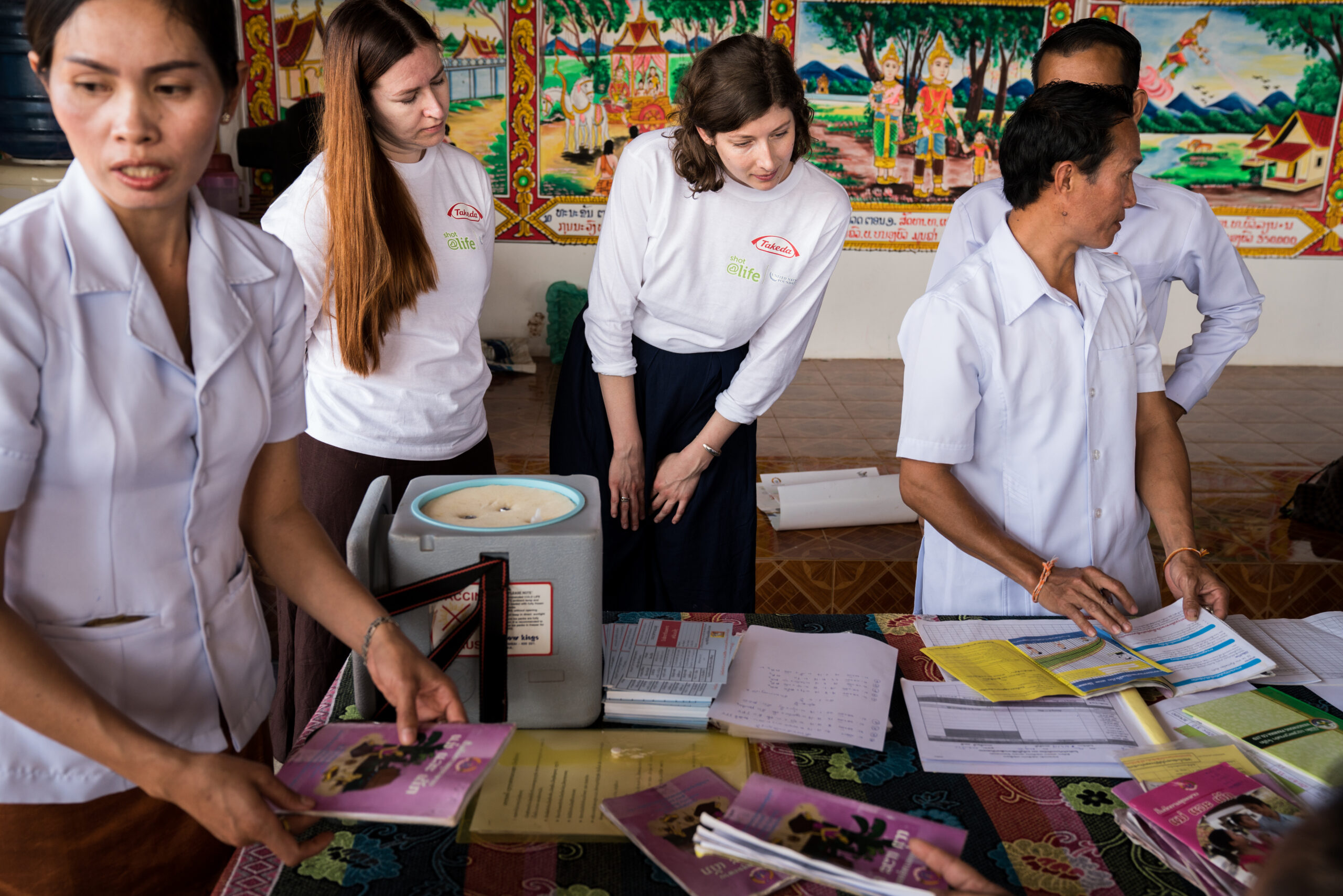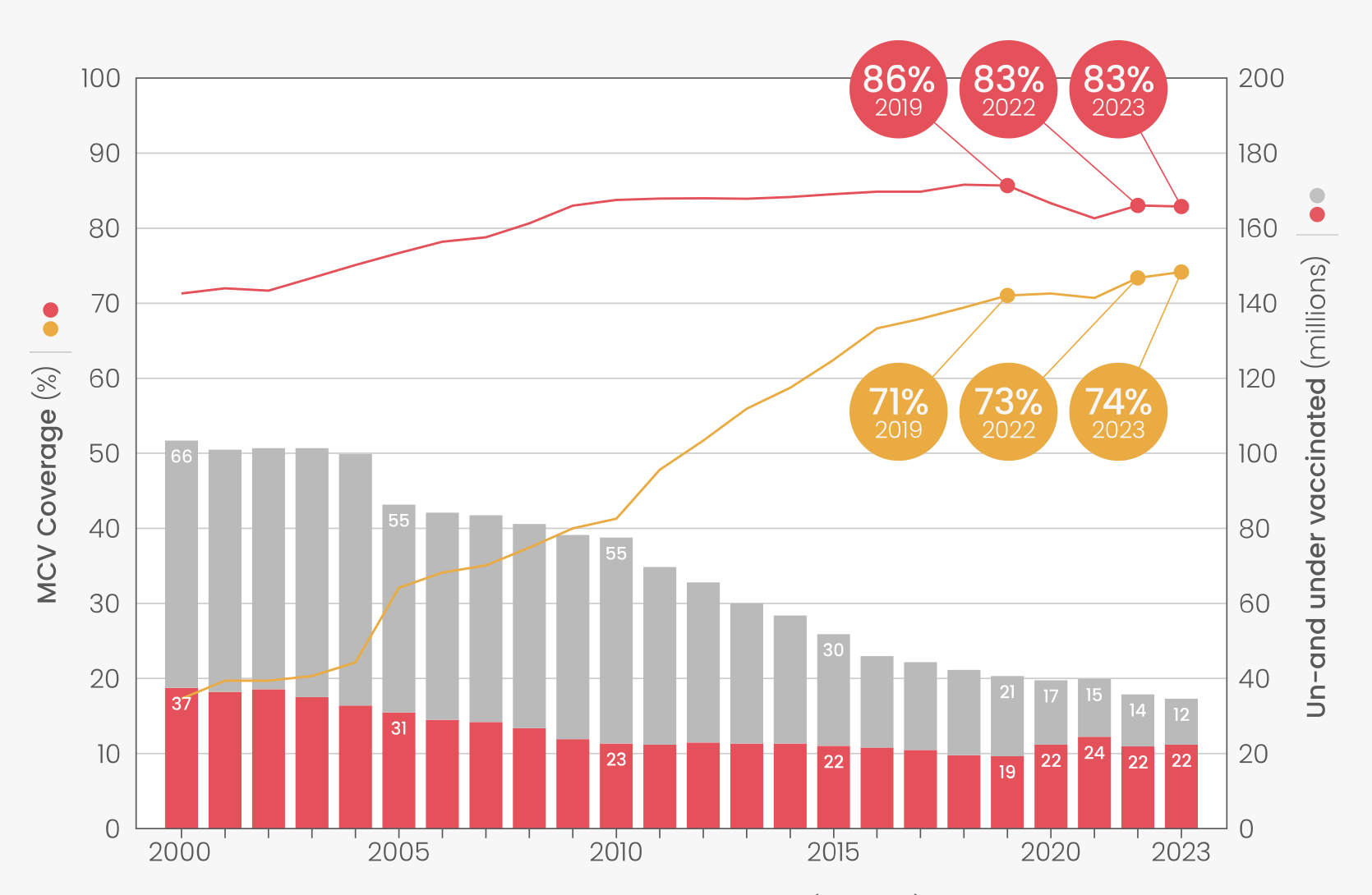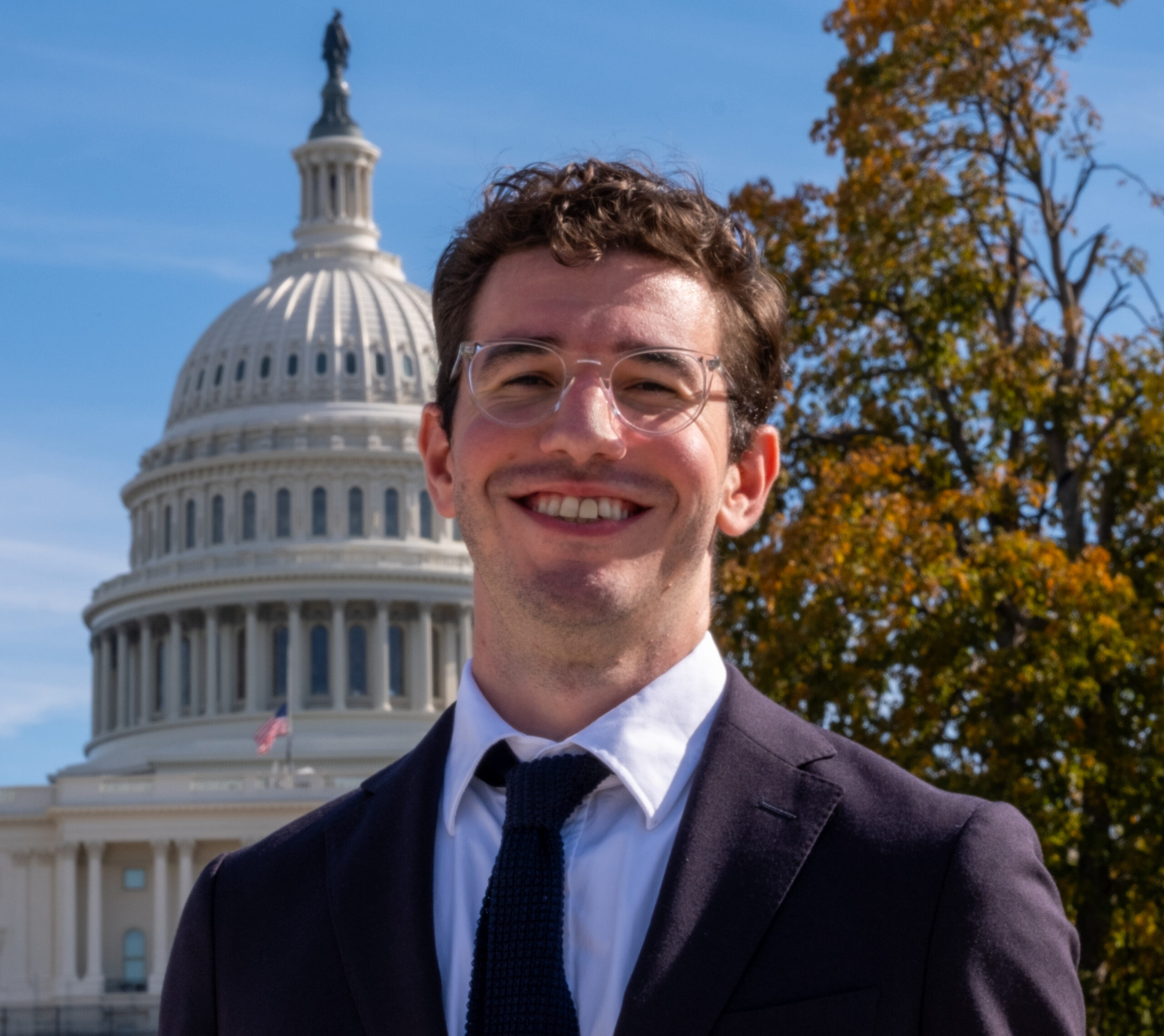Collaboration is Key to Combat Measles
With measles spiking in the U.S. and around the world, it’s more important than ever to work together to expand access to lifesaving vaccines.

Measles on the rise
Prior to the introduction of measles vaccines, tens of thousands of Americans were hospitalized with the disease each year, with hundreds dying. The U.S. officially eliminated measles in 2000, thanks to widespread vaccination. But now, the disease is making a comeback in the U.S. and internationally, and the U.S.’s measles elimination status is at risk.
Since the COVID-19 pandemic, measles outbreaks have been occurring more and more across the U.S. States like Ohio and Illinois have seen significant outbreaks that led to children being hospitalized. And just this week, the total number of individuals infected during the ongoing outbreak in Oregon reached 31, making it the state’s largest outbreak in more than 30 years. In all, 13 outbreaks have been reported across the U.S. this year alone.
Measles outbreaks in the U.S. have been increasing in due to low vaccination rates both domestically and internationally. The MMR (measles, mumps, rubella) vaccine is required for school-age children in all 50 states, though most states permit exemptions on a range of medical, religious, or philosophical grounds. Nonmedical exemptions have been increasing since the COVID-19 pandemic attempts to politicize health and immunization.
Oregon, where officials anticipate the outbreak will continue for some time, has one of the highest rates of exemptions the country. The consequences of low vaccination rates are significant, especially for a disease like measles, which is so contagious that nine in ten unimmunized people who come into contact with it will be infected.
A Global Challenge
But falling vaccination rates domestically is only one part of the story. Measles vaccination rates were hit hard by the disruptions caused by the pandemic and have struggled to rebound. Globally, just 83% of children have had their first dose of the measles vaccine, less than the 86% who were vaccinated in 2019 and well below the 95% required to limit transmission. The result has been a tripling of the number of measles outbreaks internationally. Unlike in the U.S., a significant hurdle to increasing vaccination coverage internationally is a lack of sustainable resources.

Low international vaccination rates are closely connected to the spiking measles cases in the U.S. As the disease circulates widely abroad, the chances that a case brought back by international travel and infection sparks a domestic outbreak will only increase. Both the ongoing outbreak in Oregon and the Ohio outbreak that hospitalized 36 children in 2022-23 were linked to cases imported from abroad. In both cases, the majority of those affected were unvaccinated Americans. This effectively shows that the country’s health security depends both on high domestic vaccine uptake and increased vaccine access across the world.
Partnering to Protect
Shot@Life’s dedicated network of more than 4,000 grassroots Champions works selflessly each year to protect and increase U.S. funding for essential global immunization programs that save lives and keep Americans safe. But we also work along another track, collaborating with private-sector partners to help get vaccines to those who need them most.
Since 2016, Shot@Life has partnered with Takeda Pharmaceuticals Ltd to expand vaccine access for children around the world. To date, Takeda’s investment in measles immunizations have helped protect nearly five million children in 28 countries. In all, the partnership aims reach 5.4 million children by 2026.
Getting measles immunizations back on track, both at home and around the world, is critical to ensuring all children are protected from preventable illness. It will require all those who are committed to children’s health—UN Agencies, the private sector, civil society, and everyday people—to work together. Through collaboration, we can roll back the tide of measles and ensure every child, everywhere, has a shot at a healthy life.


